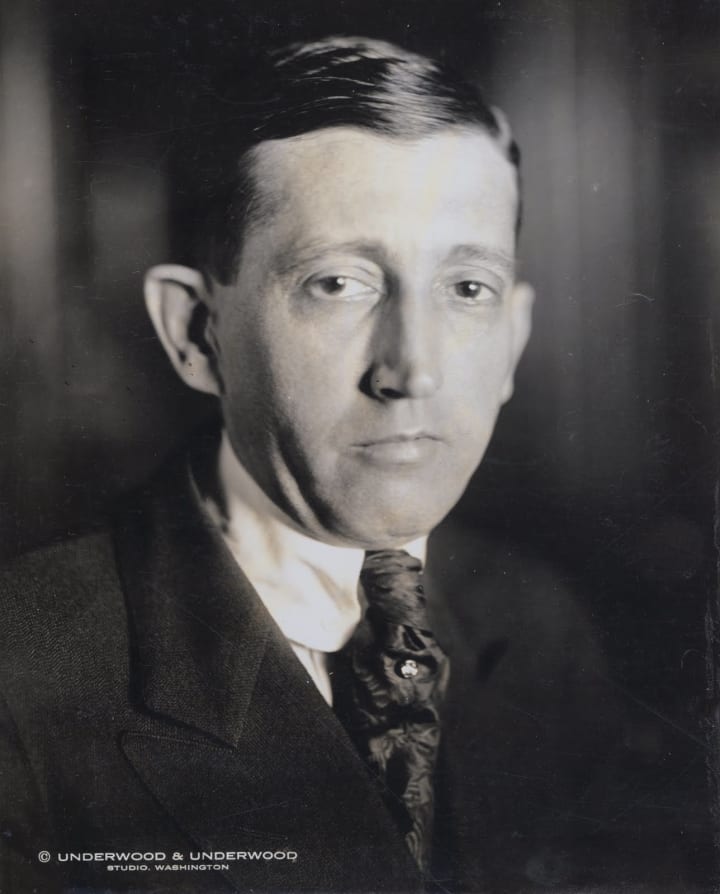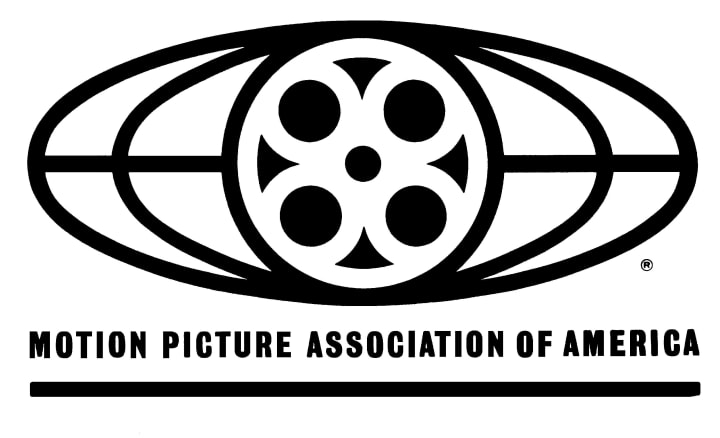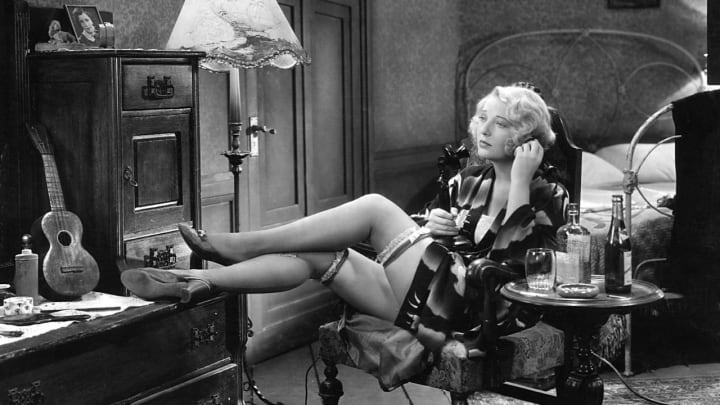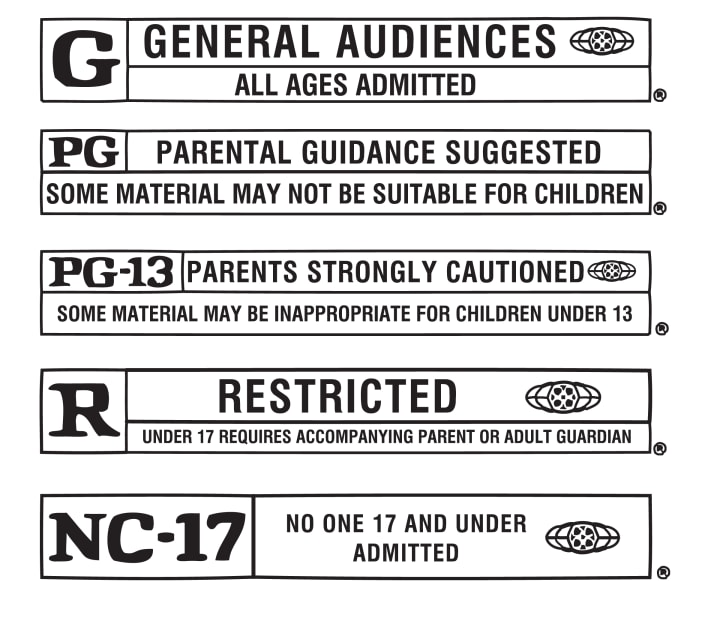Regulating the Movies
Just another Hollywood intervention a la the government.

In the 1920s, the movie industry was under fire.
In 1921, Roscoe Fatty Arbuckle (American silent film actor and director) was charged with the rape and murder of actress Virginia Rappe, thus making the movie industry disreputable. There were threats of boycotts, government regulation all over, and much-needed interventions. The movies needed to fix themselves before the government did.

Will Hays, Courtesy of Wikipedia
Are movies evil?
Hollywood always argued it was an entertainment business, not a vehicle for ideas. However, the movie industry was not protected by the first amendment.
In 1915, the Supreme Court stated that "the emotional power of films gives them a capacity for evil." Therefore, they can be dangerous. The 1920s saw fundamentalism in Christianity, Prohibition, and the Rise of the KKK. There was a progressive impulse in the air. A shared sentiment was that America needed to be rescued from alcohol, opium, sex and celluloid (in films). There was also a desire for state boards censoring movies.
In 1921, 36 state legislatures introduced censorship bills. Hollywood panicked, as this would be incredibly costly for the industry.
Hollywood and the Motion Picture Association of America(MPAA) hired Will Hays to serve as the spokesperson for the industry. His job was to persuade politicians that Hollywood would regulate themselves for wholesome movies, along with the federal government.

The Hays Code
In 1924, the MMPA asked studios for a synopsis for each film to find out what each film had that could be considered explicit content. A list of "Dos & Don'ts" was issued, along with "Be Carefuls." A few years later, the MPAA started prescreening every movie for themselves.
They issued a production code in 1934 to "govern the making of talking, silent, and synchronized motion pictures." Even though many stipulations were in place before the Hays Code, named after William Hays, they were not effectively enforced, and there was a profound difference after 1934.
Motion pictures were declared primarily entertainment, and should not to each or serve as propaganda. The production code gave a lower latitude of greatness for which each film could aspire to. There had to be some type of moral uplift. Sin and evil were allowed in films if only as climactic material and the characters and stories had to be morally uplifting.
As a result of the Hays Code, Mae West lost popularity after 1934. Her lines were risque, and other films also suffered and had to edit their films out and get ride of scenes, many which were considered integral and iconic to the film as a whole.

"explicit material" courtesy of Old Hollywood Films
So what counted as "explicit material"?
The Hays Code had three main principles that everyone had to follow:
1. No picture is allowed to lower moral standards.
2. There must be correct standards of life for entertainment.
3. The law cannot be ridiculed (there could be no sympathy for crime).
Other restrictions included no "excessive and lustful kissing or embraces," no lip-locking, or other demonstrative sexual acts. Profanity, which included anything that took the Lord's name in vain was forbidden, unless it was relevant to the content. Ministers were not allowed to be used as comedic or villainous characters.
There could also be no dancing with indecent movements. Bedroom scenes were only allowed to be tasteful. Trafficking drugs was also frowned upon.
No other for of art had such a quick and universal appeal to Americans as film did. Film was considered best for immature and underdeveloped audiences, while art, drama and music was for the mature and refined.
As a book describes, a film vividly presents. Film has a different appeal and purpose, which is why it was wildly popular.

The Hays Code forbade Rick and Ilsa from having an affair in Casablanca. Courtesy of Warner Bros.
The Hays Code restricted directors and producers, but they worked around it.
The Catholic Church weighed in on the movies in 1934. The Catholic Legion of Decency boycotted movies in Philadelphia and other cities, and threatened further action. Pope Pius XI had stated that the Hays Code was a wise decision, which earned it the Church's seal of approval.
1934 saw the entrance of Joseph Breen as the authority over film production code.
He was a very powerful figure in Hollywood. He reviewed screenplays, final cuts, and fined producers if they violated the production code. He demanded cuts and questioned everything he could.
MGM wanted to make Anna Karenina without adultery, which was very difficult as it was one of the central themes. The bedroom scenes were filmed in the living room, and a major speech of Anna's was removed.
Movie solutions also had tidy resolutions. Many people were moved more by the course of the film than the ending, as this power came from the exposition. This is what made gangster movies so compelling in the 1930s.
As a result of the strict rules, studios filmed "protection shots" just so Breen would take it out to avert attention to what the filmmakers really wanted to put it. These "visual clues" for audiences worked well. For example, when two people would kiss, a rising tide would appear onscreen and pound at the rocks.
Overall, the line-by-line scrutiny took filmmakers and screenwriters more time to avoid further delaying production over the little things.

Towards the end of the 1930s into the 1940s, the power of production code slipped as the Golden Age of Hollywood emerged and everyone adapted accordingly. Eventually, production code broke in the 1960s.
Nowadays, censorship over explicit material is less subjective and more rating based. During the reign of the Hays Code, the anatomy of film was broken down and built back up to eventually bring out even better movies down the line.
About the Creator
Marina Caitlin Watts
Marina loves Frank Sinatra and hates decaf coffee. The native New Yorker and Cornell grad knows every word to "Ferris Bueller's Day Off" and thinks Shakespeare is cool. If you need her, she's waiting for Godot. Twitter: @marina_caitlin






Comments
There are no comments for this story
Be the first to respond and start the conversation.